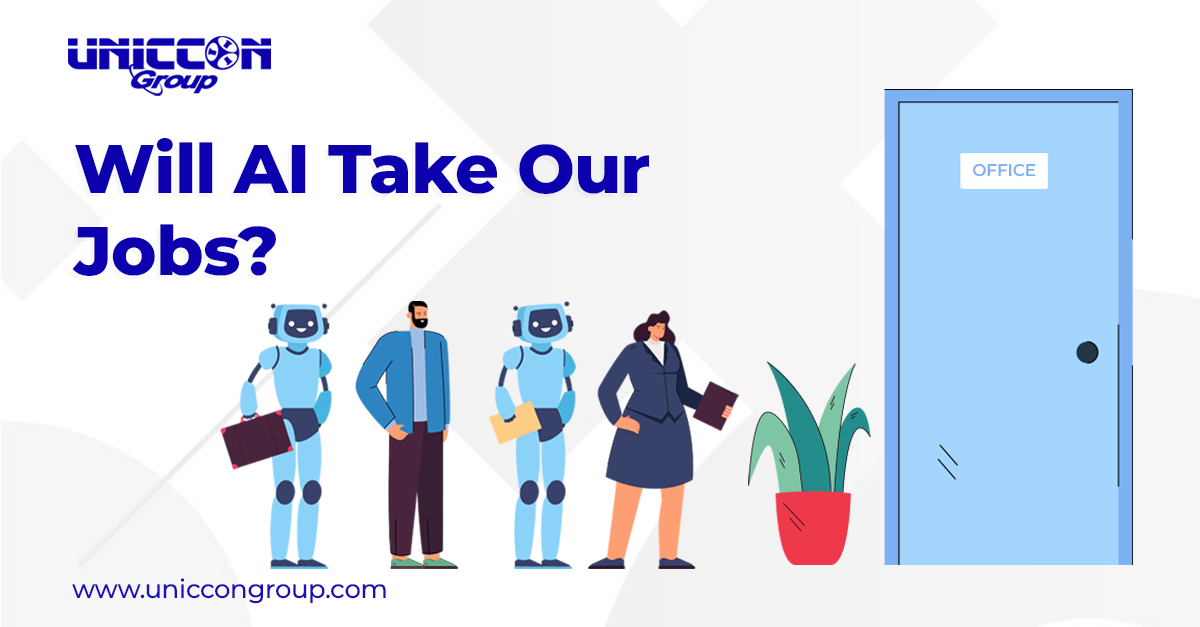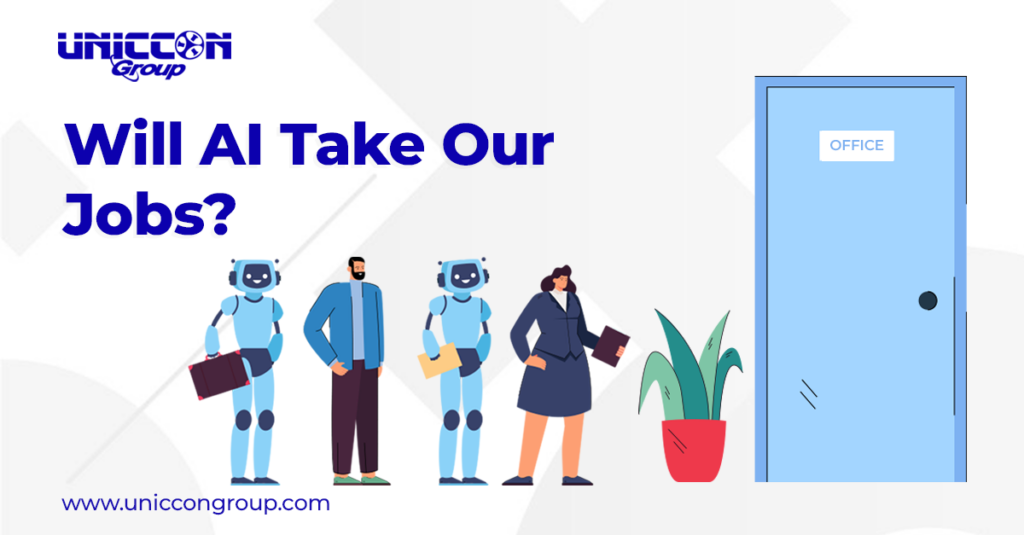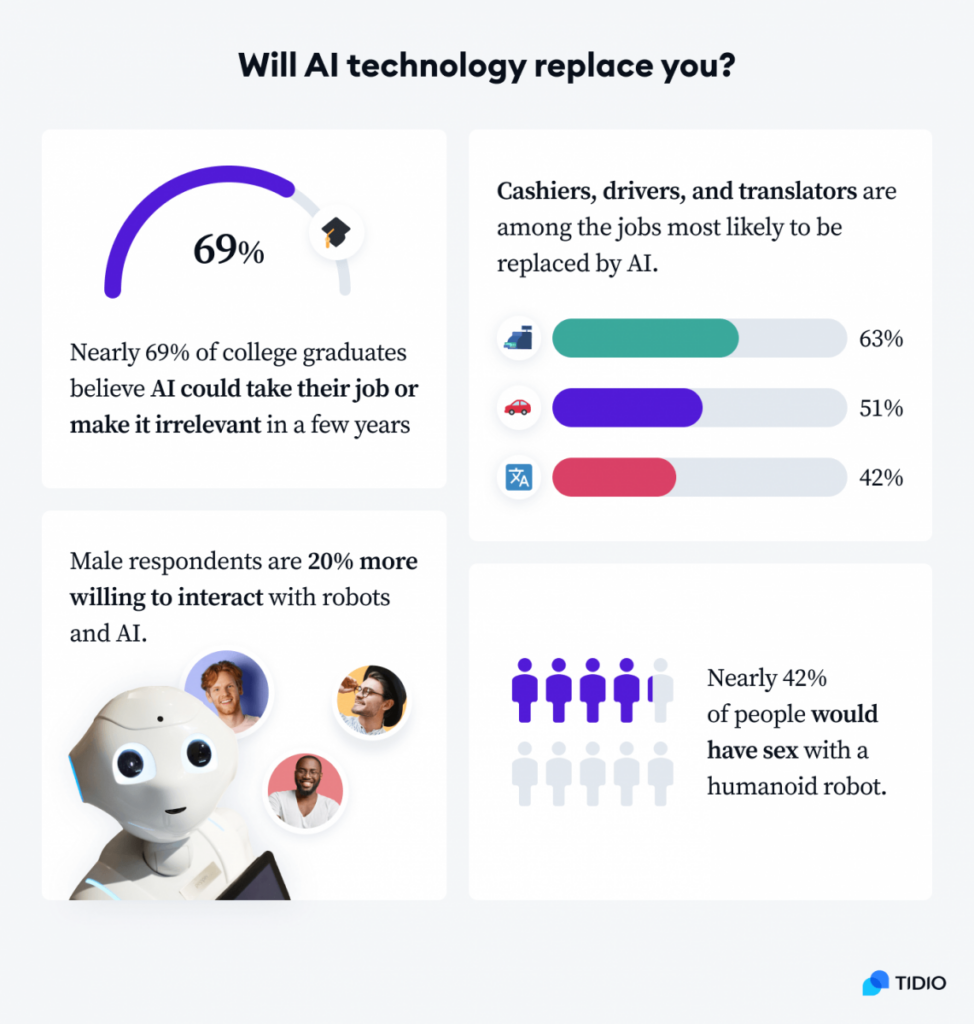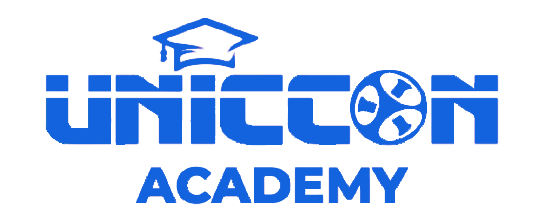

In recent years, the advent of Artificial Intelligence (AI) has sparked intense debates and concerns about its potential impact on the job market. As businesses increasingly adopt AI technologies, it is natural to wonder if these innovations will replace human workers, leaving a trail of unemployment in their wake.
However, a closer examination of AI’s capabilities and limitations reveals that this revolutionary technology is more likely to complement and enhance human capabilities rather than outrightly replacing them. Also, technological advancements often lead to the creation of new types of jobs. For instance, the rise of the internet and e-commerce gave birth to entirely new professions such as social media managers, digital marketers, and app developers.
In this article, we will delve into the various concerns raised about AI’s role in the job market and analyze why AI cannot completely replace humans.

WHY AI CANNOT REPLACE HUMANS
While AI exhibits impressive cognitive abilities, it still lacks the profound qualities that make humans unique. AI excels at processing vast amounts of data, pattern recognition, and executing repetitive tasks flawlessly. However, it falls short in areas that require emotional intelligence, creativity, and ethical decision-making.
Emotional Intelligence And Empathy: Consider the field of healthcare, where AI is being used to assist doctors in diagnosing diseases. While AI can process vast amounts of medical data quickly, it lacks the empathy, compassion, and nuanced understanding of a human physician. Bedside manner, patient counseling, and understanding the emotional aspects of a patient’s condition are areas where AI is lacking.
Creative Thinking and Adaptability: While AI can analyze vast amounts of data and provide insights, it lacks the ability to exhibit genuine creativity and adaptability. Humans excel in ideation, intuition, and improvisation, critical attributes in fields like marketing, design, and research. Moreover, humans can swiftly adapt to unforeseen challenges, making them indispensable in dynamic and ever-changing work environments. AI’s deployment necessitates human oversight and maintenance. AI systems require continuous refinement, monitoring, and troubleshooting, tasks that only skilled human operators can perform.
Ethical Decision-making: AI, by design, follows predefined algorithms and cannot truly make ethical decisions. AI raises significant ethical and moral considerations, such as ensuring bias-free algorithms and responsible AI implementation. Such complexities demand human expertise to strike a harmonious balance between technological advancements and societal well-being.
CONCLUSION
History has shown that technological advancements create new job opportunities in parallel. As AI disrupts certain sectors, it simultaneously opens doors in emerging industries, requiring human expertise to innovate, manage, and improve AI systems themselves.
AI is a catalyst for job evolution, not job extinction which can augment human abilities in numerous fields, including healthcare, finance, and education. By combining AI’s data-driven insights with human intuition and expertise, we can achieve groundbreaking advancements in research, personalization of services, and problem-solving.
To prepare for the changing landscape, education and training programs should focus on developing these uniquely human skills, ensuring that the workforce remains adaptable and capable of thriving alongside AI-driven technologies.

Leave a Reply